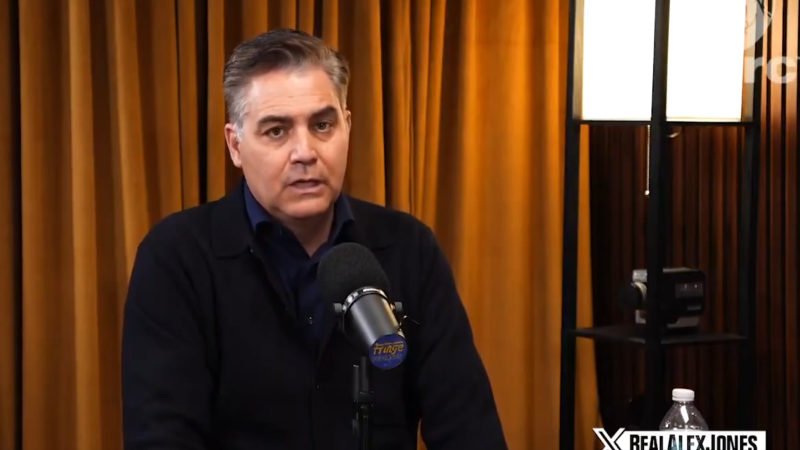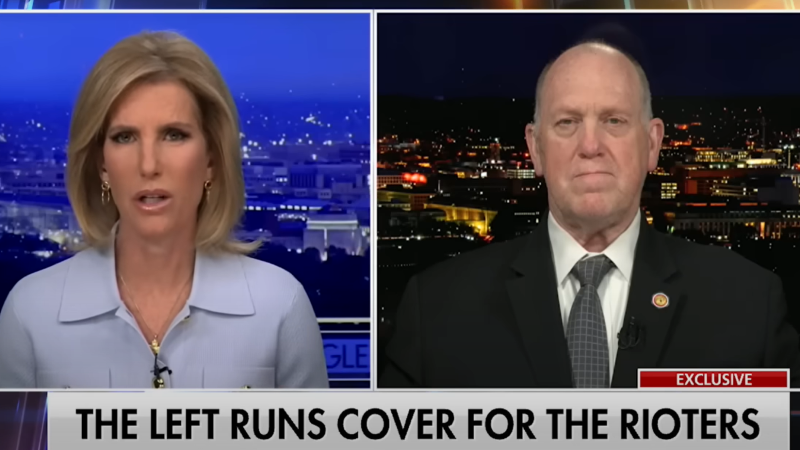
Meanwhile, jury selection in the military trial in Guantanamo isn’t expected to start until at least 2026 (!), with the trial then expected to span upwards of a year and a half.
In a stunning turnaround, US Secretary of Defense Lloyd Austin has killed the deal that would have spared three major 9/11 defendants from the death penalty in exchange for their admissions of guilt.
The Friday move came just two days after the Pentagon ignited a firestorm of controversy by announcing the plea bargain agreement — a deal that angered 9/11 victims yearning for maximum accountability, and for the revelation of new facts about the attacks.
“I have decided that, in light of the significance of the decision to enter into pre-trial agreements with the accused…responsibility for such a decision should rest with me as the superior convening authority under the Military Commissions Act of 2009,” wrote Austin in a memorandum addressed to Susan Escallier, a retired Army brigadier general and military lawyer who has been overseeing the Guantanamo prosecutions. That puts potential death penalties back in the mix.
BREAKING: @Secdef Lloyd Austin yanks plea deals for 9/11 terror attack mastermind Khalid Shaikh Mohammad, 2 others @DeptofDefense memo released tonight also relieves the official in charge of the military commissions of her oversight in the case pic.twitter.com/bMVvCDn37I
— Jeff Seldin (@jseldin) August 3, 2024
Nearly 23 years after the attacks that killed 2,977 people and radically changed the course of history, the US government has yet to conduct a trial against 9/11 defendants who’ve been held at the US Navy base at Guantanamo, Cuba. Recent years have been consumed by pre-trial clashes over the admissibility of statements made by detainees who were subjected to the US torture regime.
The US government has efficiently prosecuted many non-9/11 terror cases in civilian federal courts — including the one that centered on the first attack on the World Trade Center, which came in a 1993 truck bomb explosion meant to topple the towers. The Bush-Cheney regime’s decision to prosecute 9/11 defendants as “enemy combatants” via military tribunals overseen by Pentagon officers with uniformed juries sent the pursuit of justice into a quagmire.
That would have caused enough problems, but the complexity of the 9/11 prosecutions has been compounded enormously by the Bush-Cheney regime’s decision to torture the accused. The plea bargain agreement announced Wednesday offered an opportunity to end a seemingly endless cycle of pretrial motions and discovery aimed at sorting out and potentially excluding incriminating statements made while being tortured — by opting against death penalties for what likely would have been sentences measured in thousands of years.
Of course, many Americans including family members of those killed on 9/11 understandably want to see the three defendants covered by the nixed deal — alleged mastermind Khalid Sheikh Mohammed, Walid bin Attash and Mustafa al-Hawsawi — put to death. However, it should be noted that death penalties at the end of a full trial are far from assured, as defense attorneys will argue the government’s torture of their clients should be factored into the sentencing decision. Mohammad alone was waterboarded 183 times.
While there’s something to be said for putting a relatively expeditious end to literal decades of slow-grinding “justice,” many 9/11 family members and survivors hope that full trials of the defendants will help them pursue a different avenue of justice — by illuminating links between the 9/11 plot and Saudi government officials.
A video unsealed in federal court this week, obtained by 60 Minutes, raises new questions about Saudi Arabia’s connection to the deadly 9/11 terror attacks. @CeciliaVega reports. https://t.co/FjDmf1yOeO pic.twitter.com/CNiWYcNg90
— 60 Minutes (@60Minutes) June 20, 2024
The same day the plea deal was announced, 9/11 plaintiffs were in a federal courtroom in New York, where Judge George Daniels was hearing arguments over Saudi Arabia’s motion to dismiss a long-running civil suit that seeks to hold the kingdom liable for logistical and financial aid the hijackers appear to have received from a web of Saudi officials operating out of the Saudi embassy in Washington and the consulate in Los Angeles.
As they’ve pursued that case at its own glacial pace, plaintiffs lawyers have had to contend not only with the Saudi government, but with the US government, which has thwarted their attempts to obtain files from the FBI’s investigations of the attacks. On Wednesday, 9/11 Justice, a grassroots group pursuing Saudi-9/11 transparency, expressed alarm over the plea arrangement. In a statement, the group’s president, Brett Eagleson, whose father was killed in the attacks, said:
“Our primary concern remains access to these individuals for information. These plea deals should not perpetuate a system of closed-door agreements, where crucial information is hidden without giving the families of the victims the chance to learn the full truth…We urge the administration to ensure that these deals do not close the door on obtaining critical information that can shed light on Saudi Arabia’s role in the 9/11 attacks.”
Meanwhile, jury selection in the military trial in Guantanamo isn’t expected to start until at least 2026 (!), with the trial then expected to span upwards of a year and a half.
As the saying goes, justice delayed is justice denied…especially for 9/11 survivors and families.




